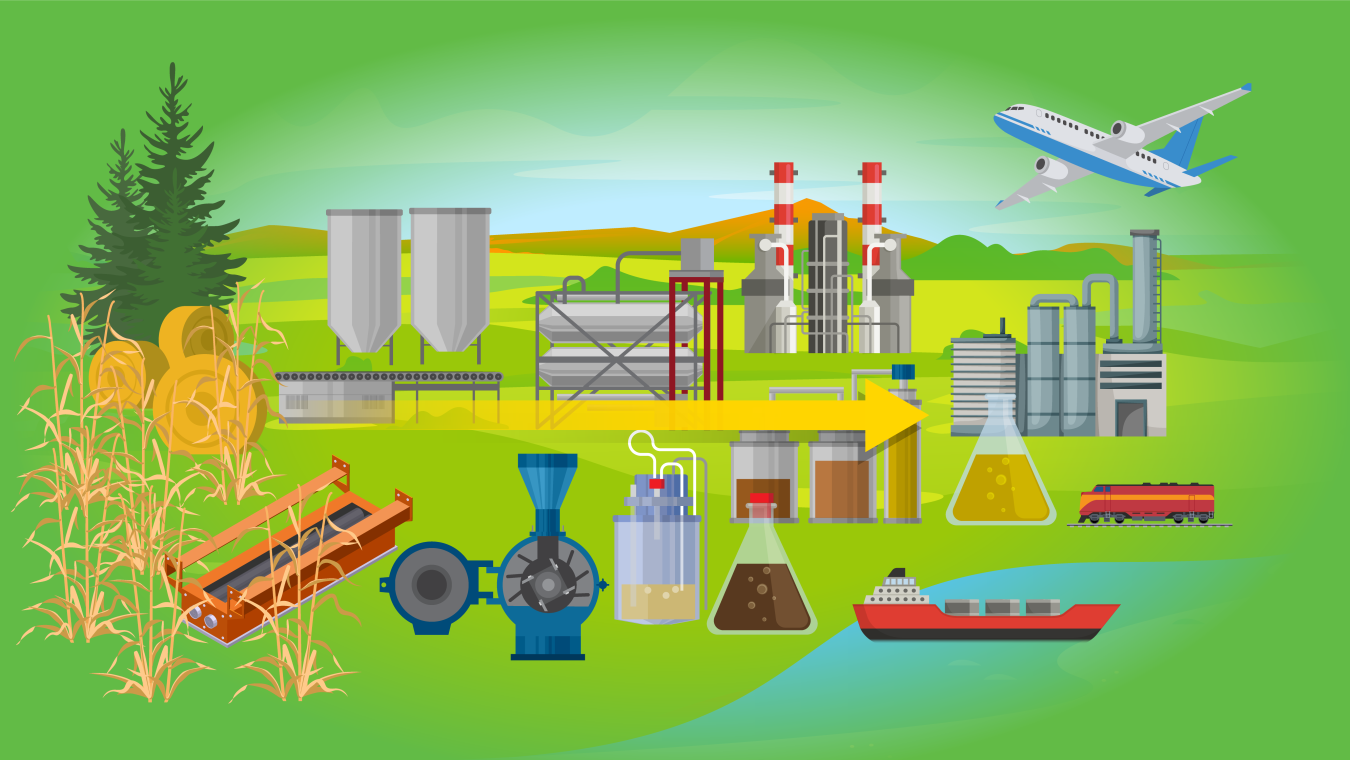

The Feedstock-Conversion Interface Consortium (FCIC) is a Bioenergy Technologies Office-funded collaboration of industry advisors and researchers at nine U.S. Department of Energy (DOE) national laboratories. The FCIC uses first-principles-based science to de-risk biorefinery scale-up and deployment by understanding, quantifying, and mitigating the impacts of feedstock variability on bioconversion processes.
Learn more about the FCIC and download the FCIC fact sheet.
Now Available: FCIC Capstone Report
DOE’s Bioenergy Technologies Office released the Feedstock-Conversion Interface Consortium (FCIC) Capstone Report, summarizing the FCIC’s goals, research activities, and achievements.
FCIC FY25 Industrial Partnership Call
DOE’s Bioenergy Technologies Office is overseeing a call for industry partnerships to connect industry stakeholders with the capabilities of the FCIC. This FY25 funding opportunity will provide resources that allow partners to collaborate with FCIC researchers to address the cost and risk impacts of feedstock and process variability across the bioenergy and bioproducts value chain.
Submissions for the FY25 Industrial Partnership Call are closed. Stay tuned for anticipated notification in spring 2025. View a recording and access slides from a Sept. 16, 2024, informational webinar about this Industry Partnership Call, the application process, and FCIC capabilities.
Learn More
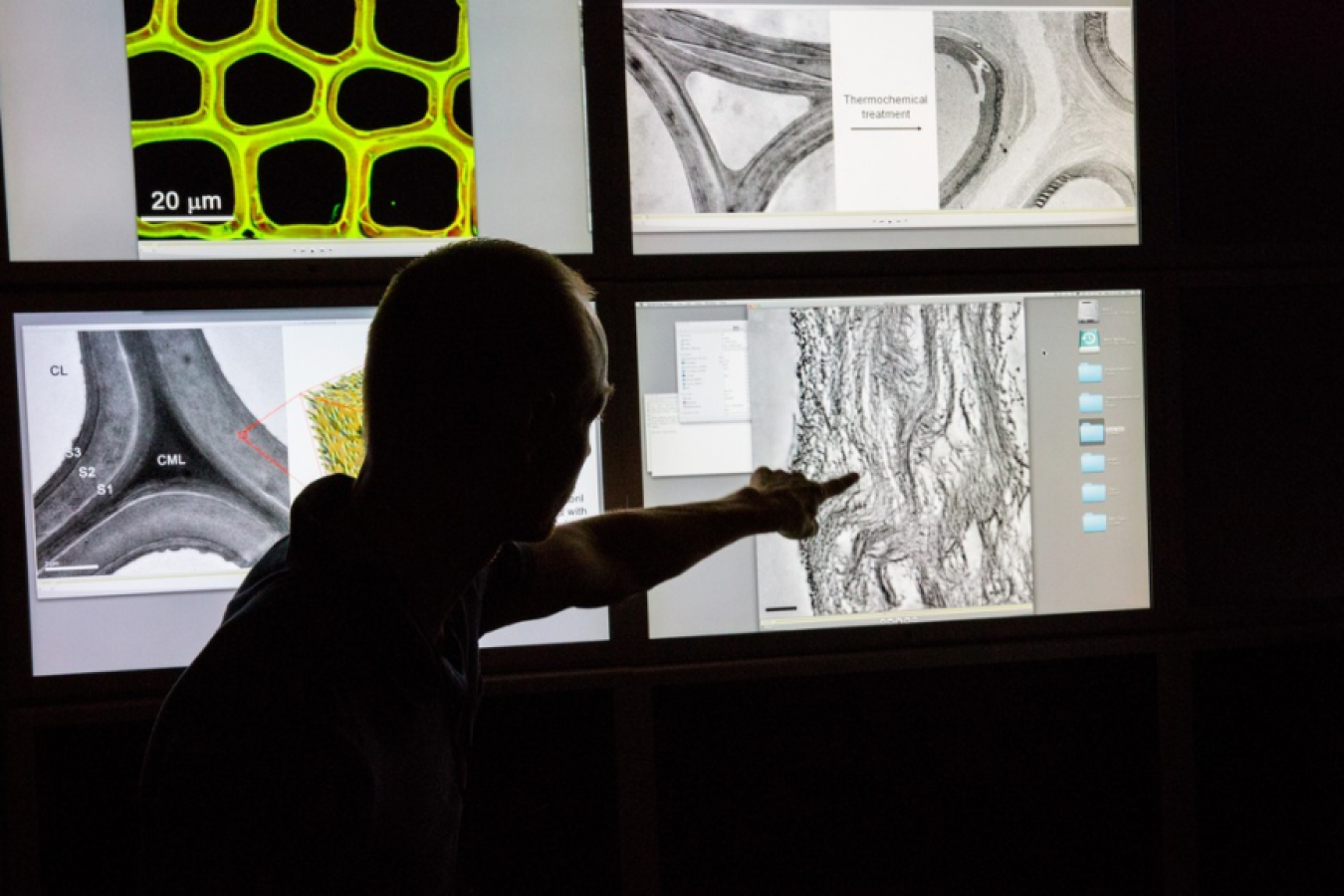
Learn more about FCIC research.
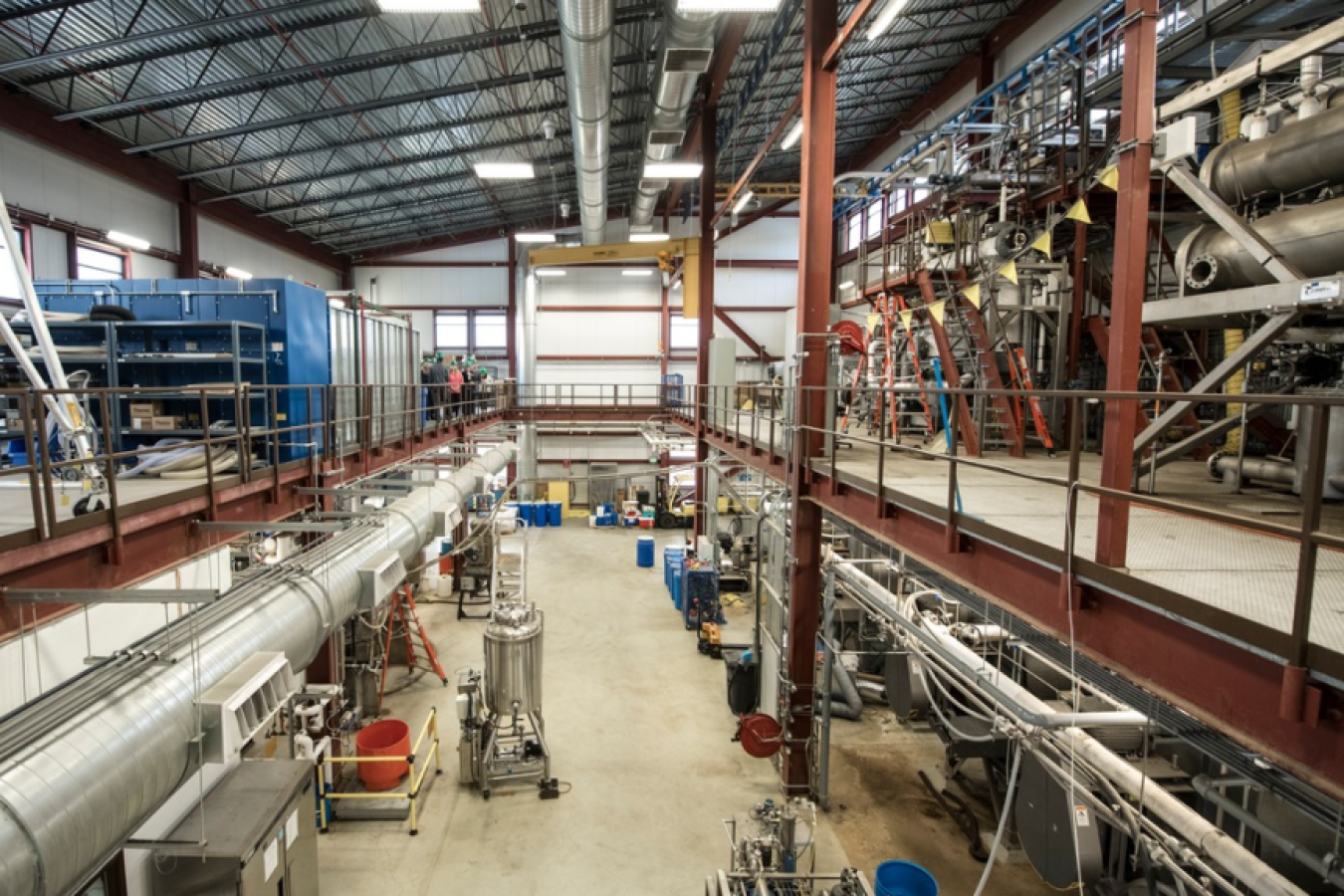
Discover FCIC capabilities and facilities.
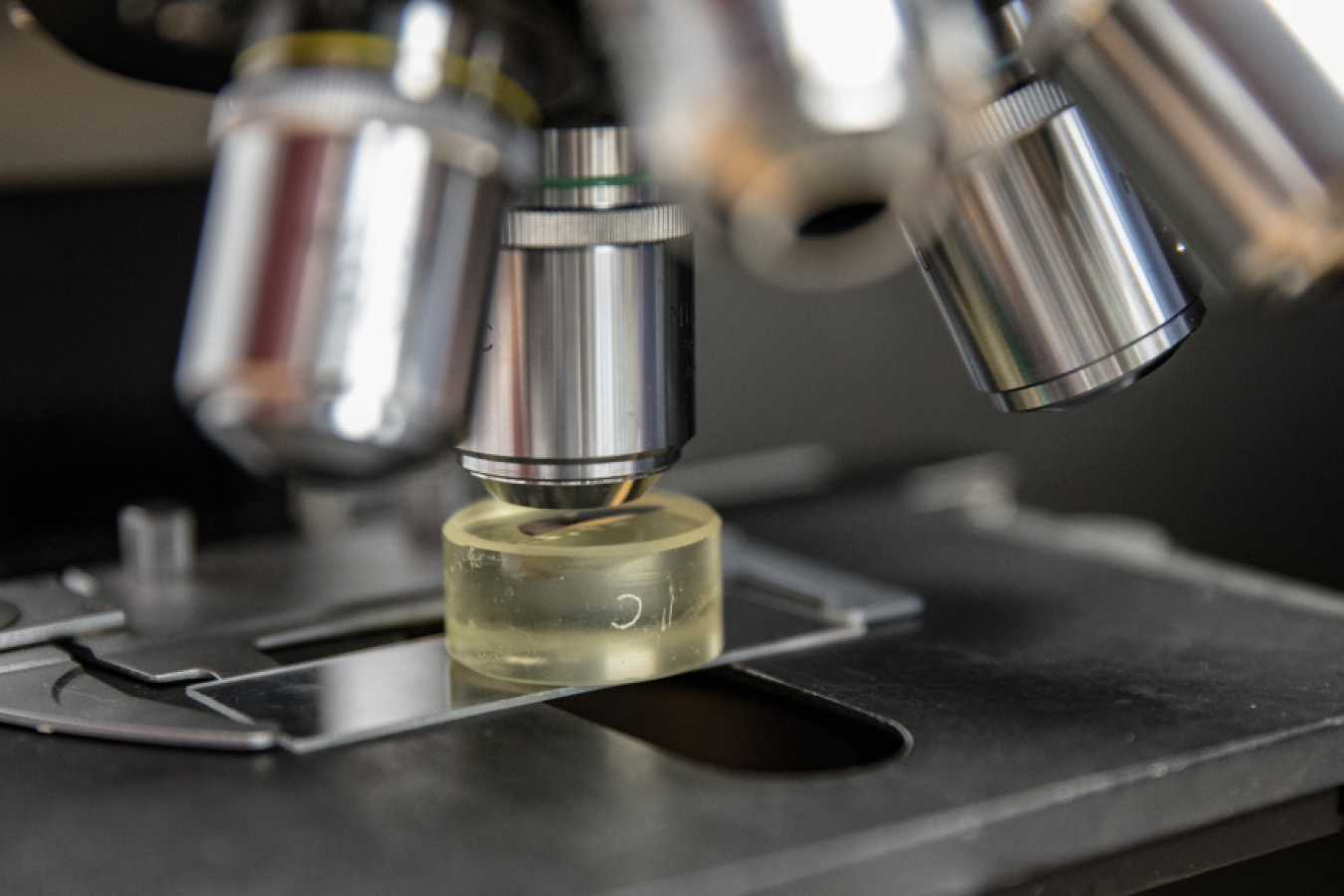
Review select FCIC publications.
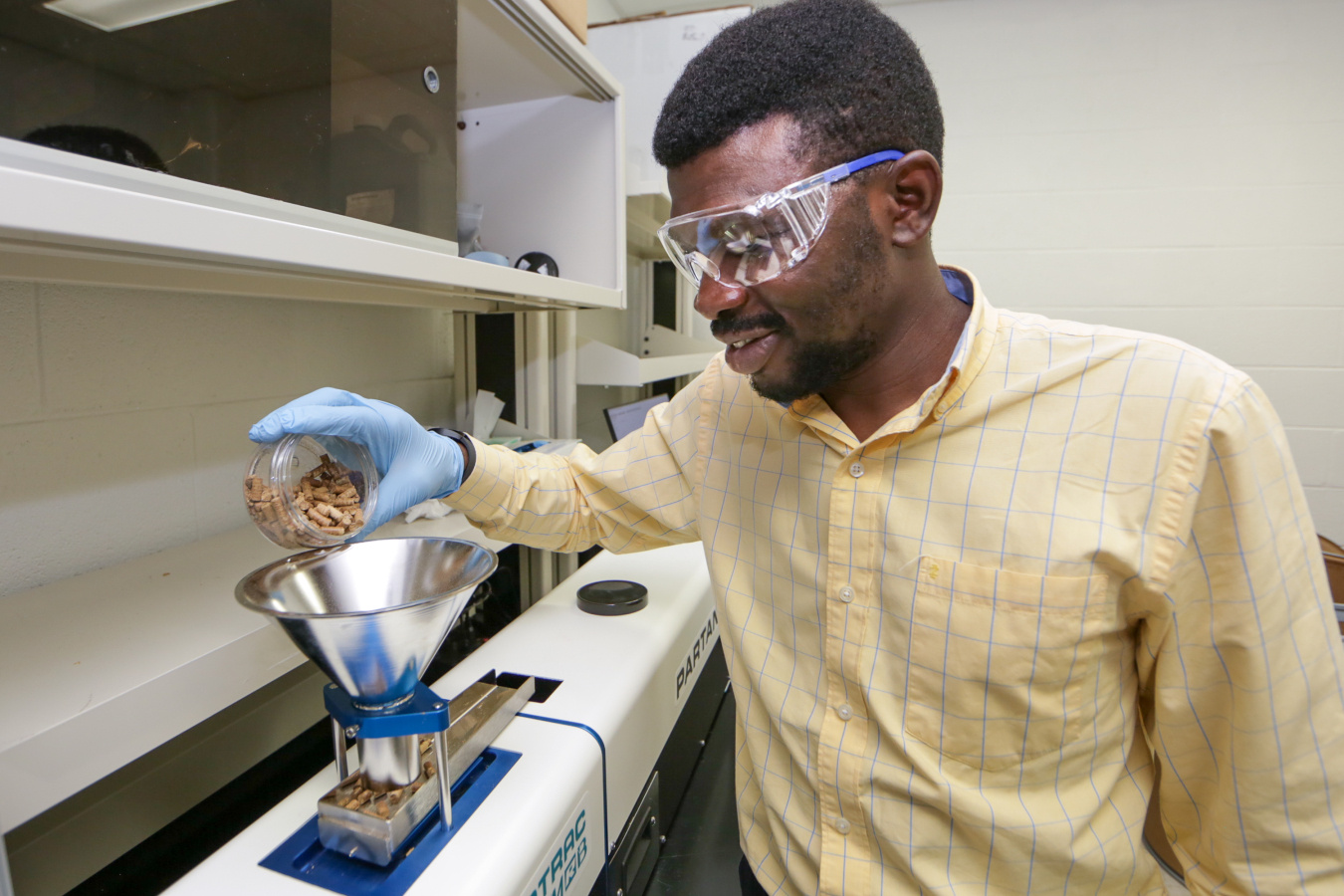
Read FCIC news and updates.
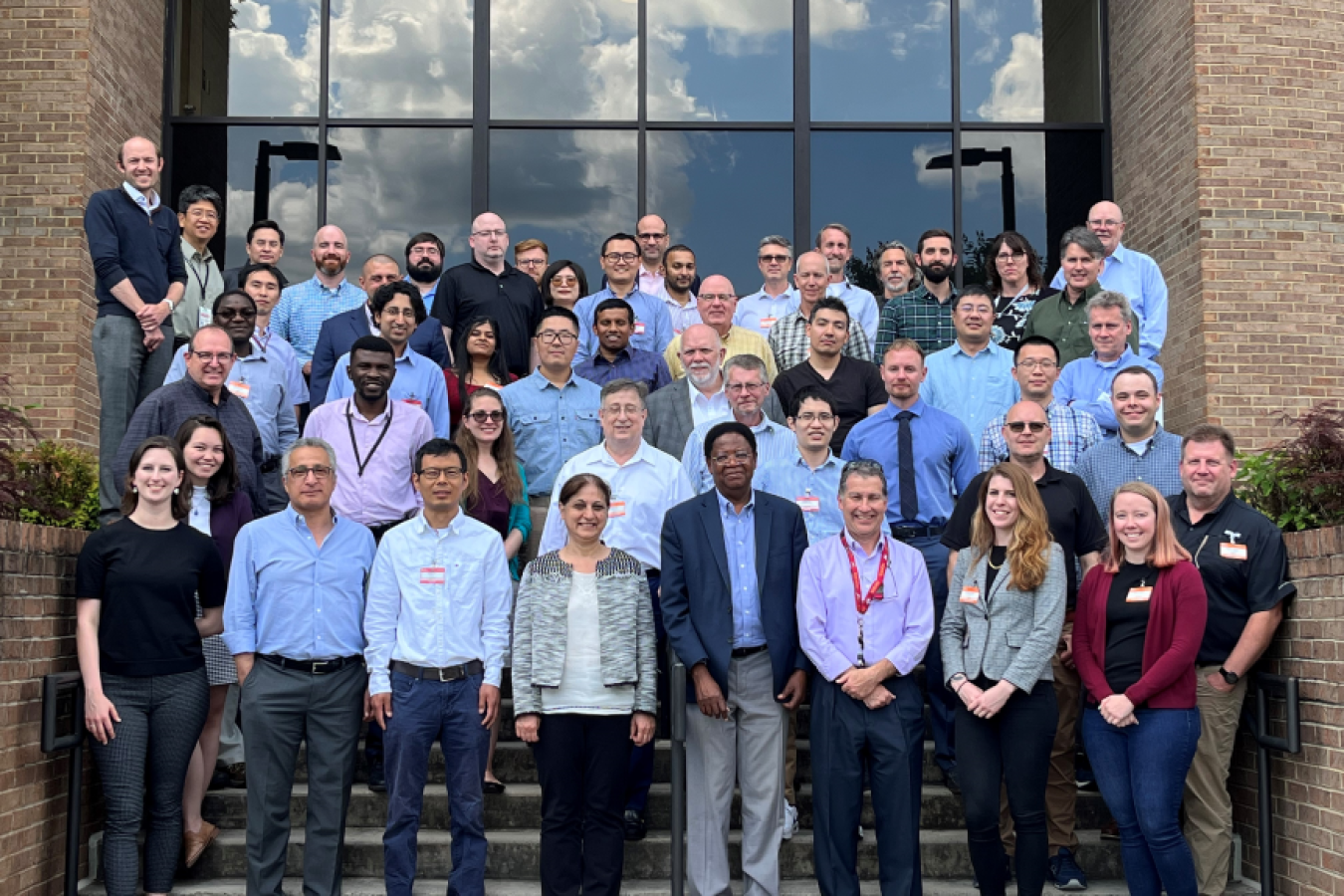
Get to know FCIC leadership.
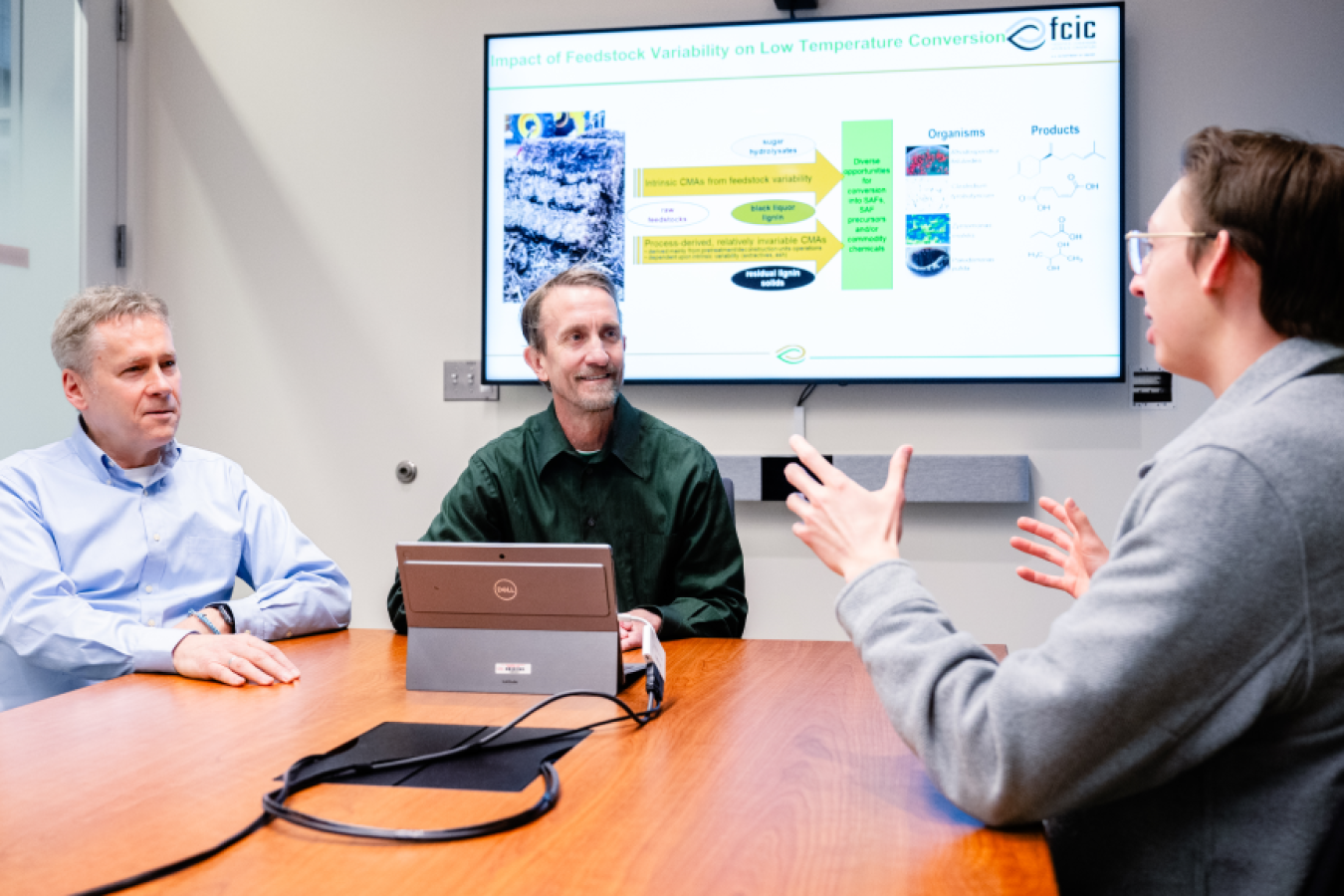
Learn more about the FCIC partners.
To receive news and updates about FCIC research, publications, events, and other relevant information, enter your email address to subscribe.
Contact
Questions about the consortium? Contact the FCIC.

